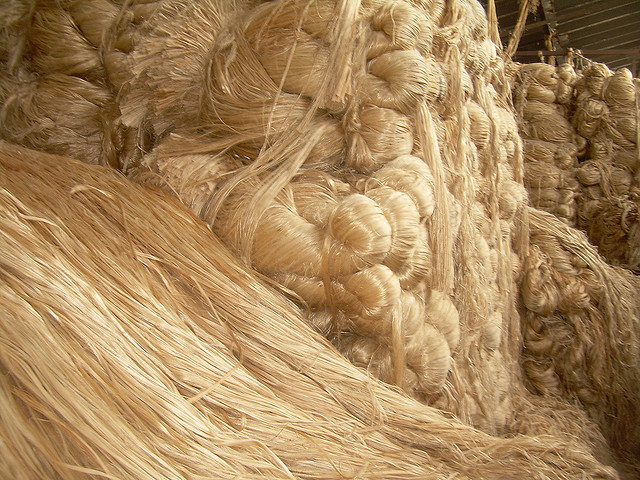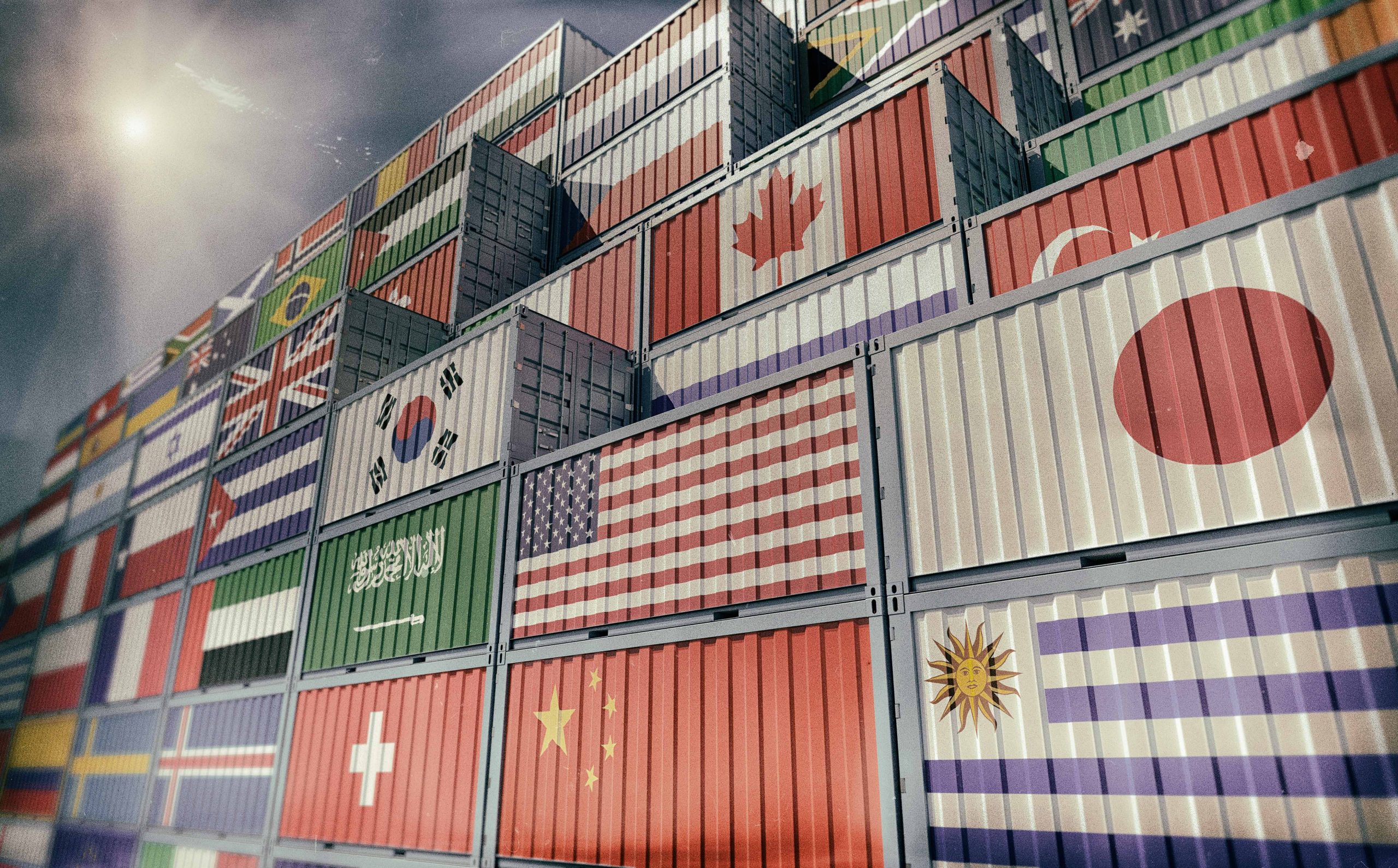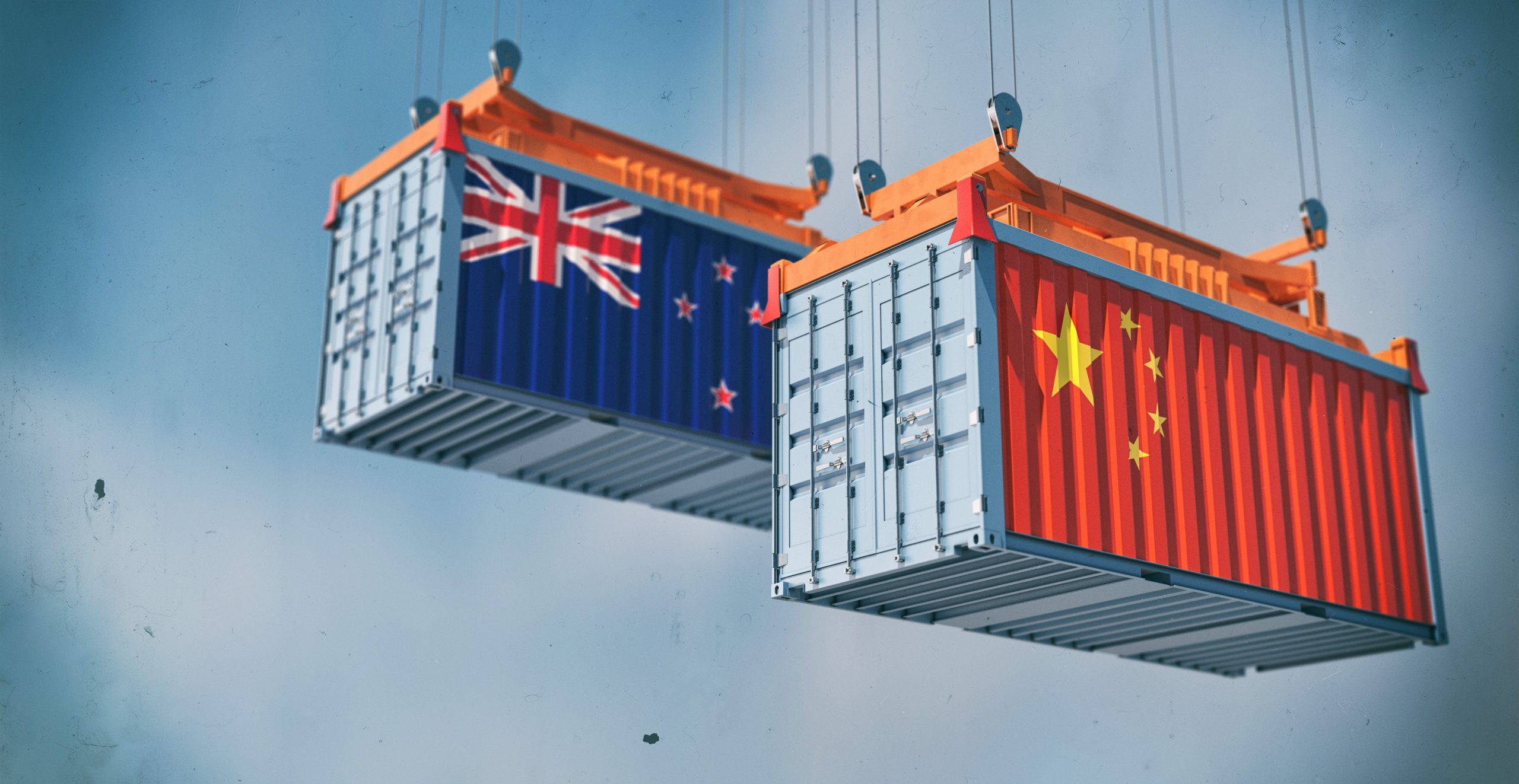A Guide on How to Buy and Export Jute, Sisal and Other Textile Fibers from Kenya
A Guide on How to Buy and Export Jute, Sisal and Other Textile Fibers from Kenya
The global textile industry has grown tremendously in recent years. The production and export of textiles have also increased in the same period. The demand for textiles has also increased, with the industry growing at a rate of almost 4 percent per year. The demand for textile products is high throughout the world. In order to meet the demand, many developing countries have started textile industries. One such country is Kenya.
The textile industry in Kenya is in its nascent phase. However, it has enormous untapped potential. That’s because the country is blessed with various natural resources, such as fertile land, abundant water, and an abundance of sunshine. These natural resources have made it possible for the country to become a major supplier of jute, sisal, and other textile fibers.
With this article, you will learn about the jute, sisal, and other textile fibers that are sourced in Kenya, and how to buy and export them from the country.
What is Jute?
Jute, also known as “Gur,” is a durable and versatile fiber crop. It can be used for making a variety of products, including carpets, rope, sacks, and bags. Jute originated in India and Pakistan. The fiber is now grown in Bangladesh, Nepal, and other countries in Asia and Africa. The fiber is also cultivated in the United States, Brazil, and many other countries. Jute is harvested once every two years. The fiber can be dyed various colors, such as black, red, orange, brown, yellow, green, blue, and purple.
Sisal
Sisal, which is also known as “Sir,” is a coarse fiber crop that is used to produce coarse bags and mats. The plant is native to the Americas, namely Central and South America. The sisal is cultivated in parts of Kenya and Uganda, as well as other African countries. The fiber is harvested once every two years. The fiber can be dyed various colors, including black, brown, maroon, orange, yellow, and green.
Other Textile Fibers in Kenya
The other textile fibers that are sourced in Kenya include the following:
– Jute – This is a coarse fiber crop that is harvested once every two years. The jute fiber can be dyed various colors, such as black, blue, brown, orange, and purple.
– Sisal – This is a coarse fiber crop that is harvested once every two years. The sisal fiber can be dyed various colors, including black, blue, brown, orange, and purple.
– Banana Fiber – Banana fiber is extracted from the banana plant. It is cultivated in Kenya, Uganda, and other African countries. The fiber can be dyed various colors, including black, brown, green, orange, yellow, and blue.
– Coconut Fiber – This fiber is harvested once every two years. It can be used to produce yarns and fabrics. Coconut fiber is cultivated in parts of Kenya, Uganda, and other African countries.
– Vegetable Fiber – This fiber is extracted from vegetables and is cultivated in parts of Kenya, Uganda, and other African countries. The fiber can be dyed various colors, including black, brown, green, orange, yellow, and blue.
How to Buy and Export Jute, Sisal and Other Textile Fibers from Kenya
Once you have decided to start exporting, you need to consider the production capacities of different countries. The best way to do this is by conducting research online. You can also visit expositions and trade shows for guidance. It is important that you get to know about the regulations that govern the trade of textile fibers. You can also get in touch with the chamber of commerce or industry association of the country from where you want to source the fiber. This will give you valuable insight into the rules and regulations that govern the trade.
It is important that you source your fiber from a country that is known for its production of quality fiber. This means that you have to ensure that the fiber is sourced from a country that has a good reputation for its production of quality fiber. You can also check the Fiber Information System of the United Fruit Company for more information on the jute, sisal, and other textile fibers that are sourced in Kenya.
You can also source your fiber from Kenya. In order to make sure that you get quality fiber from this country, it is important that you source the jute, sisal, and other textile fibers from a reputable trader or exporter. You can source from a reputable exporter by first getting to know about the quality of the fiber that the exporter provides. You can also try to source from a farmer who grows the jute, sisal, and other textile fibers. This way, you can ensure that you are getting a high-quality fiber. When sourcing, ensure that you are using the export code of the country. This will help you in ensuring that you are exporting the textile fibers in compliance with the regulations and rules of the country.
Conclusion
The global textile industry has grown tremendously in recent years. The production and export of textiles have also increased in the same period. The demand for textiles has also increased, with the industry growing at a rate of almost 4 percent per year. The demand for textile products is high throughout the world. In order to meet the demand, many developing countries have started textile industries. One such country is Kenya. The textile industry in Kenya is in its nascent phase. However, it has enormous untapped potential. That’s because the country is blessed with various natural resources, such as fertile land, abundant water, and an abundance of sunshine. These natural resources have made it possible for the country to become a major supplier of jute, sisal, and other textile fibers. With this article, you will learn about the jute, sisal, and other textile fibers that are sourced in Kenya, and how to buy and export them from the country.








LEAVE A COMMENT
You must be logged in to post a comment.